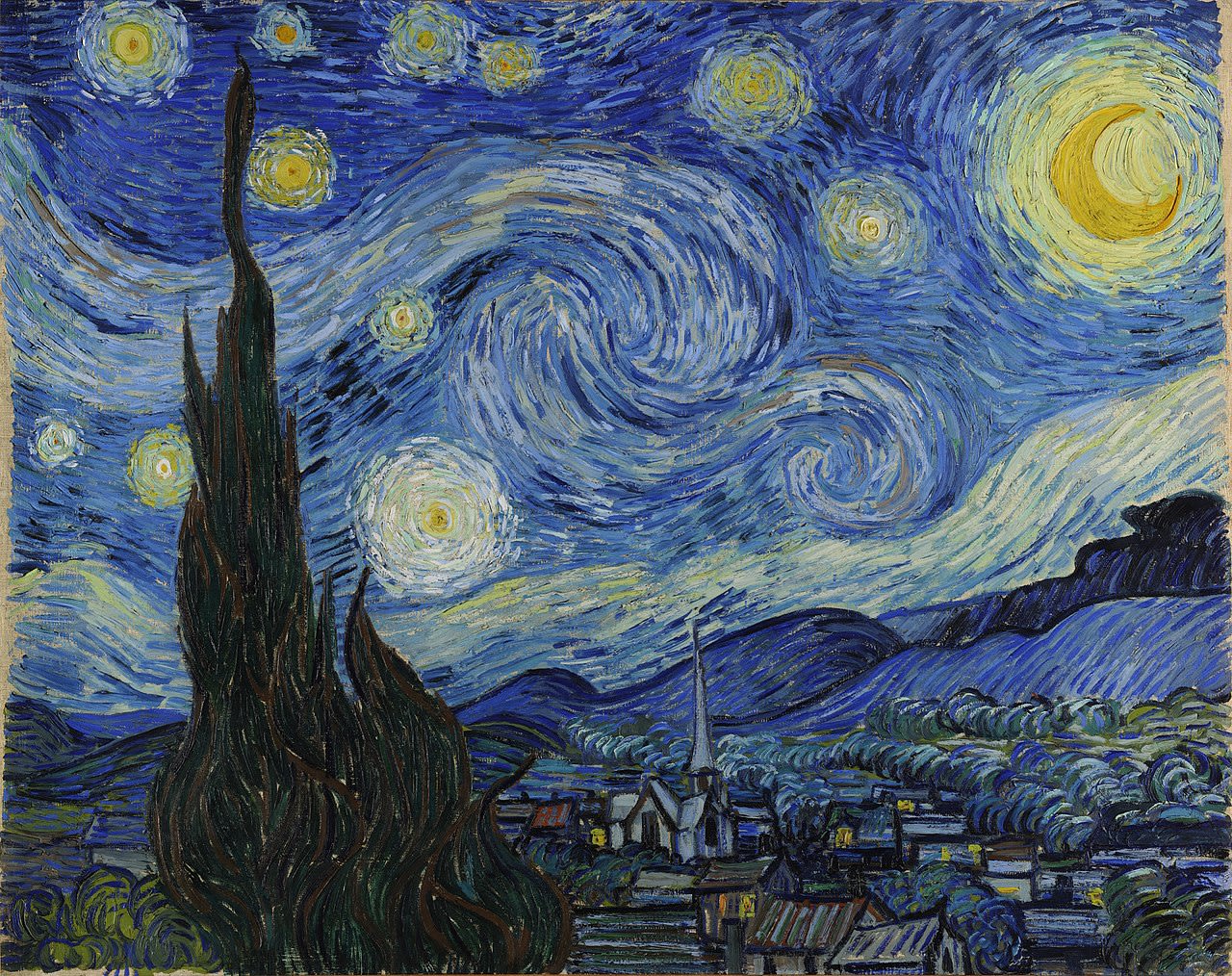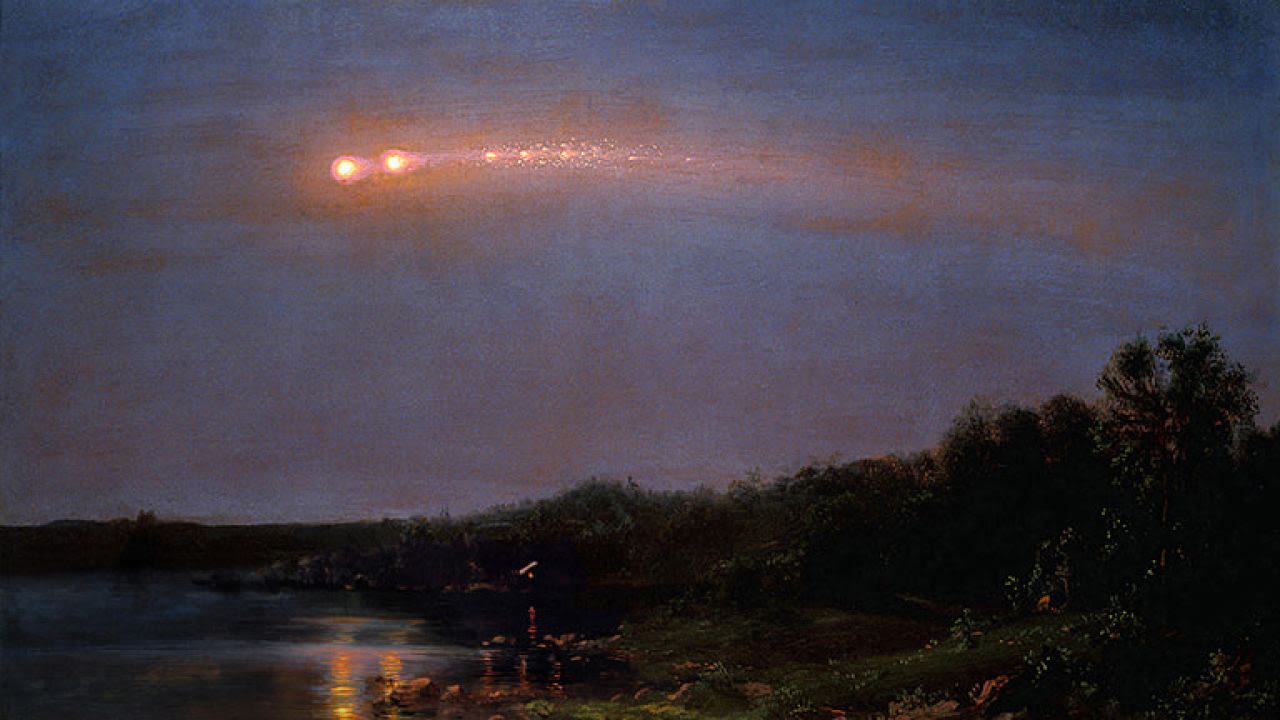The Allure of Space
Why does space exploration capture the public imagination?
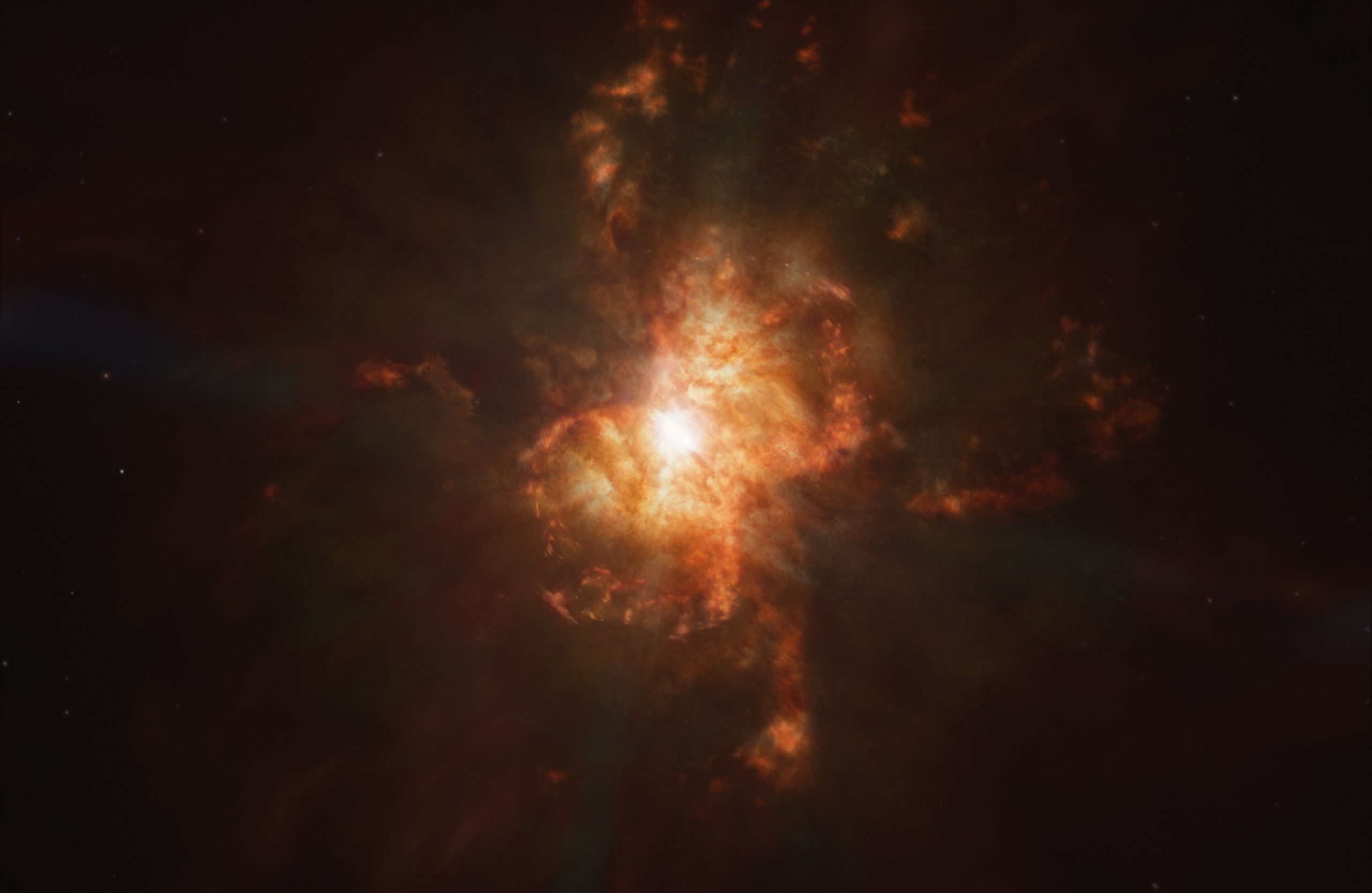
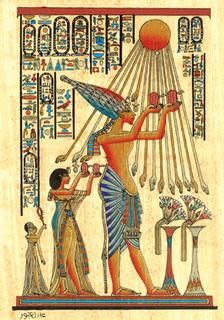
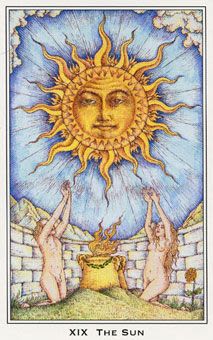


“Twinkle, twinkle, little star, / How I wonder what you are!” Ask anybody to name a nursery rhyme, and this little ditty will, invariably, find mention. Something about the bright yet fuzzy, twinkling light of stars captures even a child’s fascination.
This fascination is not new. The Mesopotamians, the Egyptians, the Mayas, the Aztecs – all major civilizations had their own cosmology. From Aristotle to Aryabhatta, from Ibn Sina to Galileo, the study of the universe has flourished throughout history, with every era of astronomers propounding new theories to make sense of it all.
The theories have become more and more sophisticated but the search for answers in space continues.
When Neil Armstrong uttered the now-immortal words, “One small step for man, one giant leap for mankind,” an entire planet stood stunned. With a record-breaking number of viewers watching the broadcast worldwide, the Apollo 11 mission was not only a scientific but also a cultural milestone.
Even the failures of space missions find their way into the popular imagination, à la, “Houston, we have a problem.”
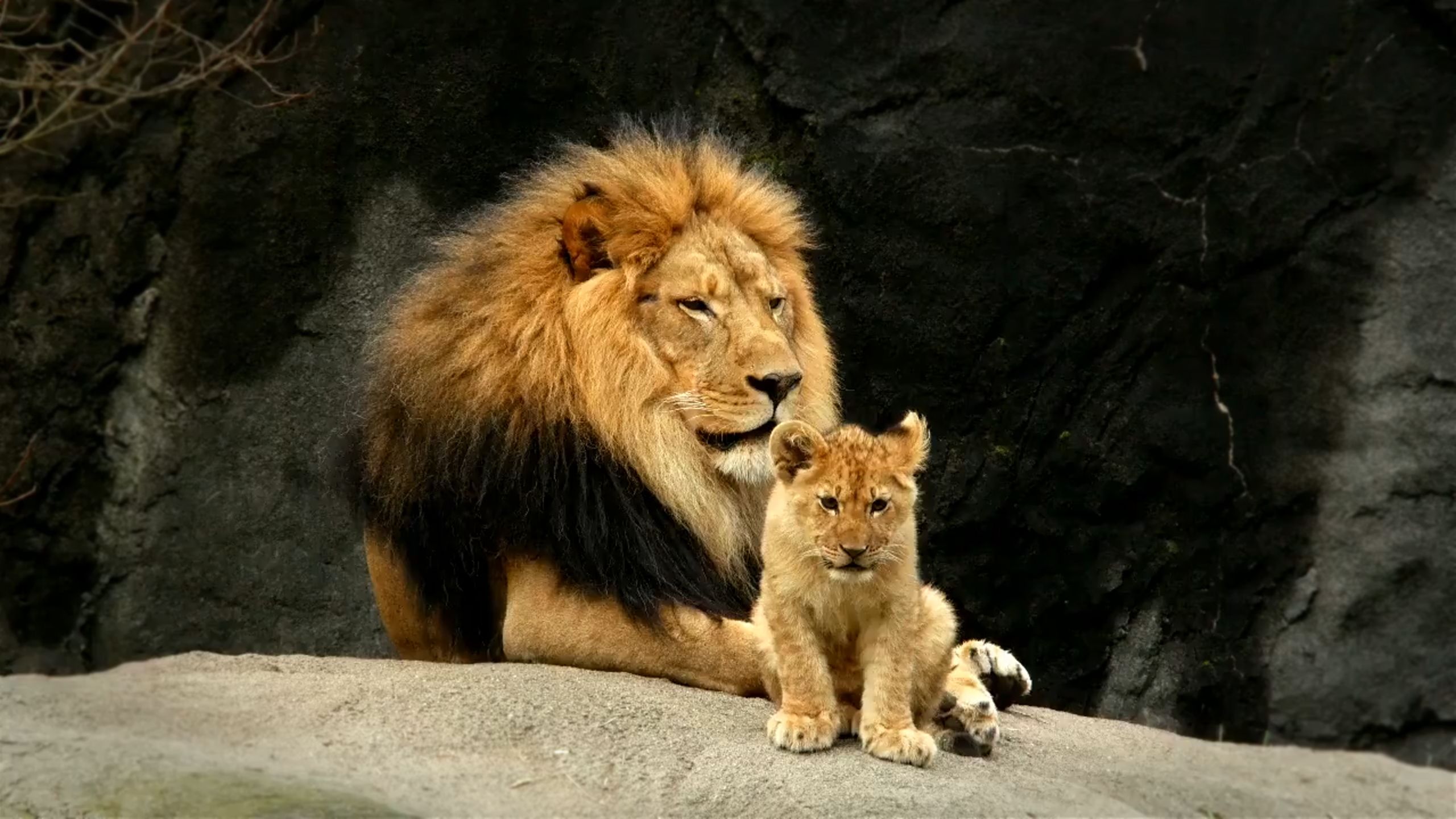
Speaking of culture, the sun, the moon and the stars have always been a part of human stories. The Greek Apollo, the Chinese Chang’e, the Indian Mangal – all leading characters in their own complex mythologies, continue to be a source of inspiration for the names of space-bound craft.
Be it mythology or today’s science fiction genre, tales set in space have an enduring appeal. What happened “a long time ago, in a galaxy far, far, away” still drives box office earnings.
The real question is why. Why do we care about some flecks of light a million miles away? Curiosity is one possible explanation. It is the human spirit of adventure and exploration that lead to the discovery of new worlds on earth, and it is fitting that the same spirit leads us further and further away from earth. Are we alone in the universe? How did we even come to be? The science of space is meant to answer these questions.
Gone are the golden years of the Cold War driven space race but we are, again, at a thrilling juncture in the journey of human space exploration, with private missions and the rise of new space powers like China and India.
This brings us to what is, perhaps, the most authentic reason driving space missions – our need to be relevant. What are we if we don’t leave behind our legacy? “Do not go gentle into that good night. Rage, rage against the dying of the light.”
